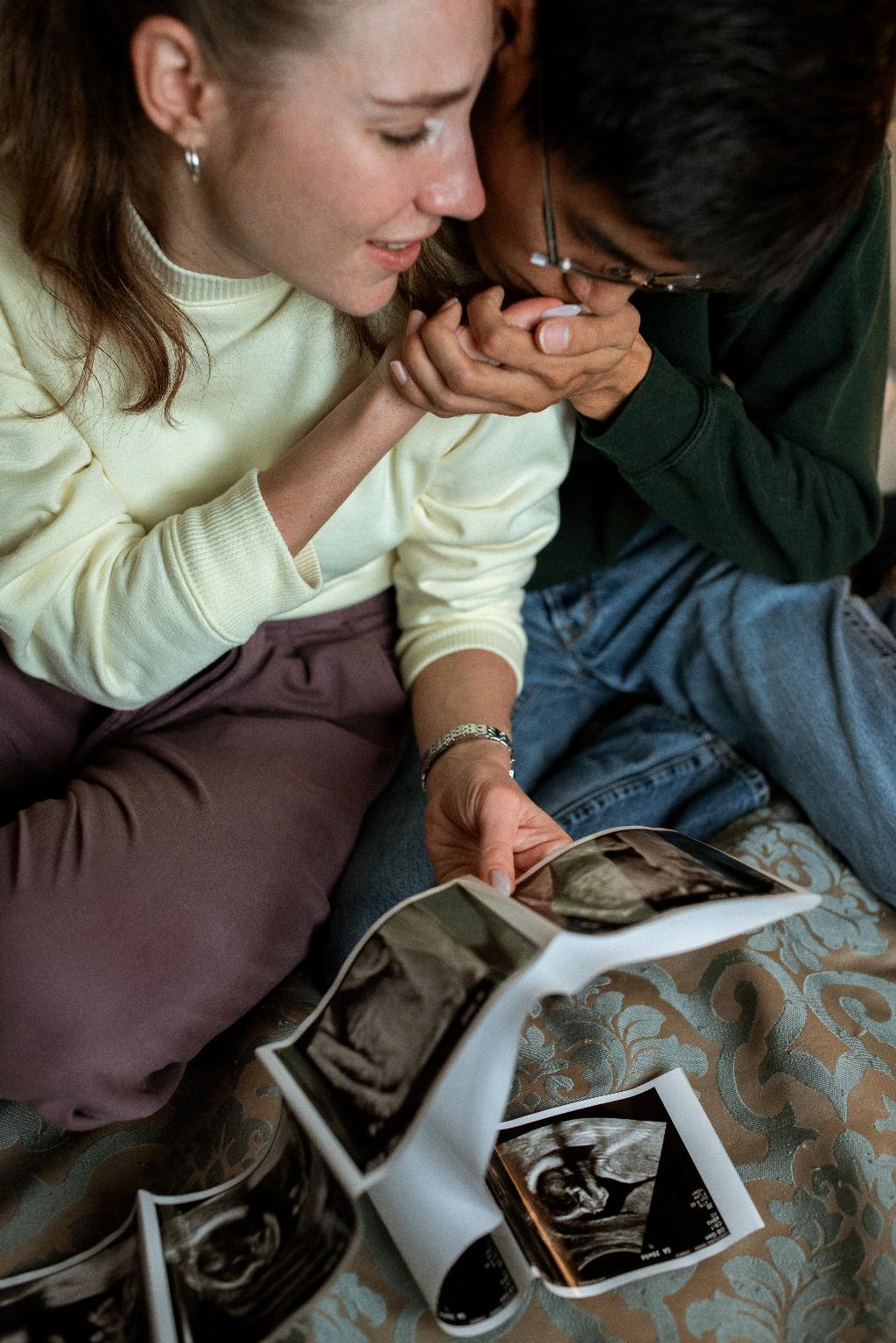Menopause is a natural biological process that marks the end of a woman’s menstrual cycles. It typically occurs in your late 40s to early 50s, and one of the key indicators is the absence of a menstrual period for 12 consecutive months. While menopause signifies the end of your reproductive years, it doesn’t mean you can’t get pregnant after menopause with no period.
Fertility During Perimenopause
During the period leading up to menopause, known as perimenopause, your fertility declines as your estrogen levels fluctuate. However, it’s crucial to note that you can still conceive during this stage, especially if you have irregular periods. The unpredictability of ovulation makes it challenging to determine when you are fertile, increasing the risk of an unintended pregnancy.
Risks of Pregnancy After Menopause
While the chances of getting pregnant naturally after menopause are extremely low, they are not zero. In some cases, women may experience spontaneous ovulation, allowing for conception to occur. It’s essential to consider the potential risks associated with pregnancy at an older age, including a higher likelihood of pregnancy complications and birth defects.
Importance of Contraception
Given the uncertainty of fertility during perimenopause and the slim possibility of conception after menopause, it is crucial to continue using birth control until you are certain that you are no longer ovulating. Barrier methods, hormonal contraceptives, or intrauterine devices are effective options to prevent unintended pregnancies and protect your reproductive health.
Consulting a Healthcare Provider
If you are unsure about your fertility status during menopause or have concerns about the potential risks of pregnancy at this stage, it is advisable to consult a healthcare provider. They can provide personalized guidance based on your medical history, conduct relevant tests, and recommend suitable contraceptive methods to meet your needs.
Assessing Your Menopausal Symptoms
Menopause brings about a variety of physical and emotional changes, including hot flashes, mood swings, and vaginal dryness. While these symptoms may impact your quality of life, they do not necessarily correlate with your fertility status. It’s essential to differentiate between menopausal symptoms and the potential for pregnancy.
Educating Yourself About Menopause
Understanding the intricacies of menopause, including its impact on fertility, can empower you to make informed decisions about your reproductive health. By staying informed about the changes occurring in your body and seeking guidance when needed, you can navigate the menopausal transition with confidence and clarity.
Exploring Alternative Paths to Parenthood
If pregnancy is not a viable option after menopause or if you have concerns about the associated risks, there are alternative paths to parenthood to consider. Adoption, surrogacy, or fostering are meaningful ways to expand your family and fulfill your desire to nurture and care for children, regardless of your age or fertility status.
Embracing Menopause as a New Chapter
Menopause signifies a transformative phase in a woman’s life, heralding the end of one chapter and the beginning of another. Embracing this transition with a positive mindset and a proactive approach can help you navigate the physical, emotional, and psychological changes that accompany menopause, setting the stage for a fulfilling and vibrant future.
Maintaining Self-Care During Menopause
Self-care plays a crucial role in managing the symptoms of menopause and promoting overall well-being. Prioritizing healthy lifestyle habits, such as regular exercise, balanced nutrition, stress management, and adequate sleep, can support your physical and emotional health during this transitional period, enhancing your resilience and vitality.
Seeking Support and Connection
Menopause can be a challenging and isolating experience for some women, leading to feelings of uncertainty and vulnerability. Seeking support from friends, family, support groups, or mental health professionals can provide emotional validation, practical guidance, and a sense of community, easing the emotional burden of navigating menopause and its associated changes.
Embracing Your Unique Journey
Ultimately, each woman’s experience of menopause and fertility is unique, shaped by her health, circumstances, and personal goals. By embracing your individual journey, honoring your body’s natural rhythms, and making informed choices that align with your values and well-being, you can navigate menopause with grace, resilience, and self-compassion.

